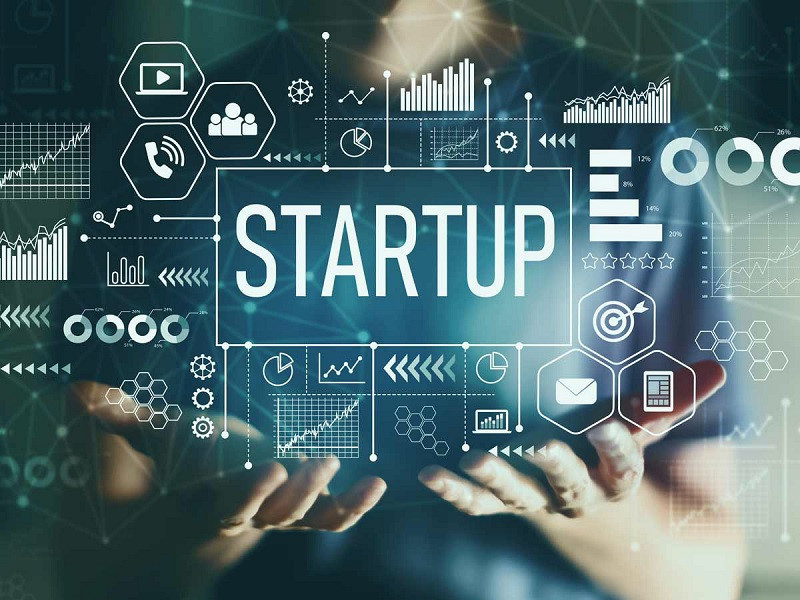
Reports showed that total investment decreased by 17.9 percent to $494.208 million from $602.25 million in 2021. The number of investment deals during that time was 94, a 13 percent decrease year-on-year.
However, the scale of the deals increased. Vietnam attracted nearly $500 million in technologies, and the number of successful deals accounted for 19 percent of all of Southeast Asia.
Experts said that Vietnam is one of three points of the golden triangle of startups in Southeast Asia besides Singapore and Indonesia.
Vietnam has 20 private innovative startup investment funds. The room for development of startups remains huge as most businesses are new. Human resources are abundant and Vietnam has many talents. The market openness and access to technology are both good.
Ng Vinnie Lauria, founder and CEO of Golden Gate Ventures, said that venture investors are considering Vietnam as the newest destination.
Vietnam is the perfect combination with leading technological talent, a startup culture and a rapidly developing domestic market.
Besides fintech, e-commerce and retail, Vietnamese startups should focus on fields which could be trends in the future, such as production, agricultural technologies and robotics.
Analysts noted that the Vietnamese market has great potential in e-commerce and healthcare.
However, to grasp the opportunity, the government needs to invest in core infrastructure, set up policies to attract venture investment, and simplify procedures and build investment funds. It should foster cooperation among enterprises and investment funds in order to increase technological content and join the global value chain.
The Asian Development Bank (ADB), in a report released in mid-2022 about Vietnam’s technological startup ecosystem, said Vietnam is laying a foundation to build the next startup unicorns of Asia.
A Forbes’ report named Vietnamese companies that are ‘near unicorns’ and some potential startups, including VNG, VNPay, MoMo and Sky Mavis.
Trong Dat